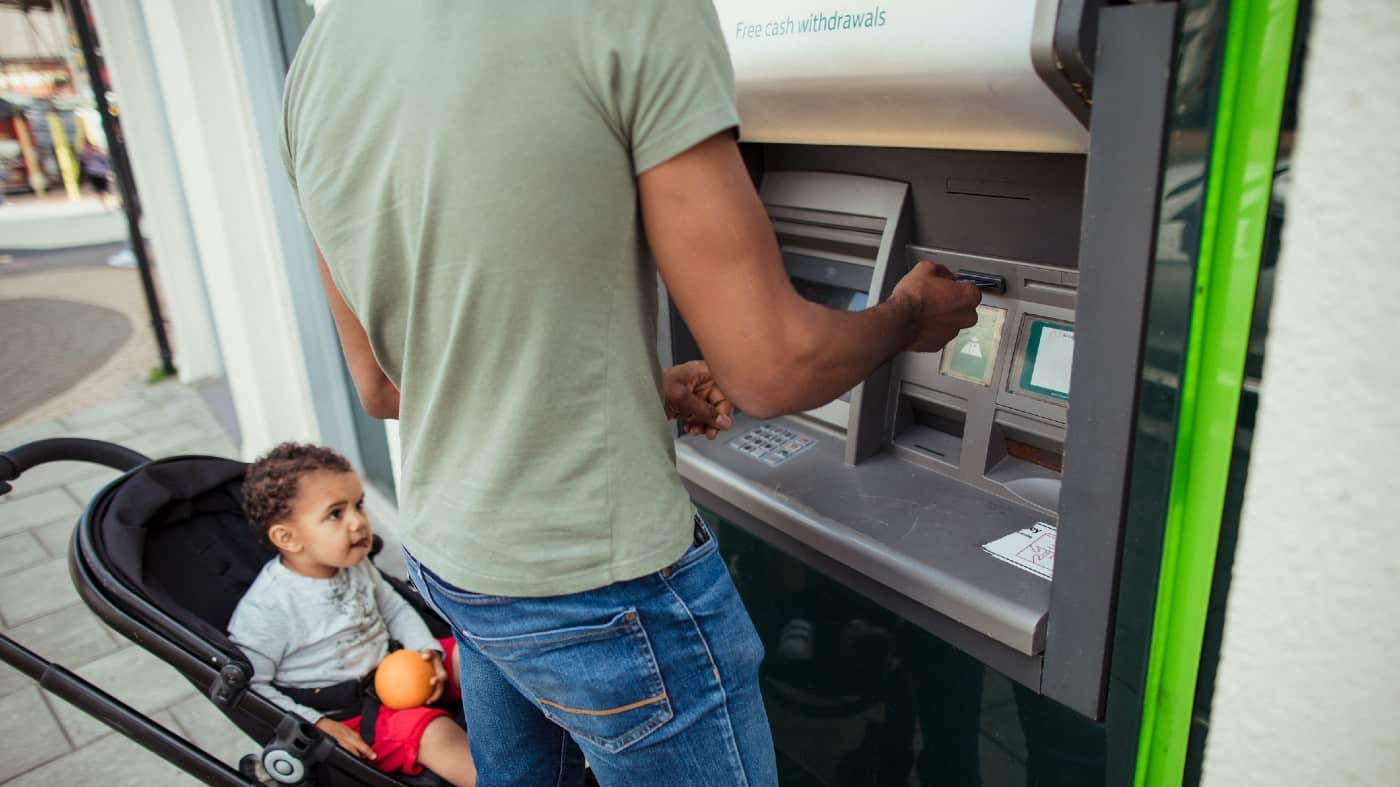Fears of a new stock market crash exploded last week. Following the collapse of Silicon Valley Bank, shares of its parent company, SVB Financial Group, tanked by nearly 70% in 48 hours before trading was ultimately halted. It even led to a sell-off of other US bank stocks. And now there is growing speculation that a new financial crisis is at hand.
But are these doomsday predictions justified? Well, not really. This is a unique and complex situation. So, let’s break down exactly what happened and why investors may not need to panic.
What happened to Silicon Valley Bank (SVB)?
On Wednesday 15 March, SVB was the 16th largest bank in the United States. It catered to half of the country’s technology and life sciences companies, most of which were backed by venture capital firms. By Friday afternoon, regulators declared the bank insolvent and seized all operations.
To understand what happened in this 72-hour period, we have to look at what was going on between 2020 and 2022.
After the short stock market crash in 2020, technology stocks were skyrocketing. And many US tech and biotech companies were capitalising on this momentum by issuing new shares either through IPOs or secondary offerings. This resulted in a massive amount of cash being raised. And it needed to be put somewhere. It seems almost every tech company chose SVB.
In 2020 and 2021, over $130bn of deposits were made at the bank, creating a problem. Banks usually make money by accepting deposits and issuing loans. The problem is that most of SVB’s clients were cash-burning unprofitable enterprises that didn’t qualify for loans. And there was only so much they could issue to private equity and venture capital firms.
So, instead, the bank chose to buy bonds primarily in the form of long-dated mortgage-backed securities. And this is how a bank flooded with cash became a ticking time bomb.
Should you invest £1,000 in Rolls-Royce right now?
When investing expert Mark Rogers has a stock tip, it can pay to listen. After all, the flagship Motley Fool Share Advisor newsletter he has run for nearly a decade has provided thousands of paying members with top stock recommendations from the UK and US markets. And right now, Mark thinks there are 6 standout stocks that investors should consider buying. Want to see if Rolls-Royce made the list?
Failures of risk management emerge
Before this fiasco began, SVB had $80bn of mortgage-backed securities on its balance sheet, yielding an average of 1.56%. And 97% of these bonds had a 10+ year maturity date, with 56% being fixed-rate. This decision to invest most of its deposits in fixed long-term bonds indicates SVB assumed interest rates would stay near zero for the next decade. And that’s despite the fact the Federal Reserve had already begun hiking rates.
One thing to remember is that the longer time until a bond matures, the more sensitive it will be to changes in interest rates. Why? Because if rates go up, newly issued bonds will offer a higher yield, causing older bonds to drop. This is why banks that invest in long-dated bonds also buy other financial derivatives to hedge against this risk.
So, surely SVB was hedging its ginormous exposure to interest rate hikes? Nope. That’s not an exaggeration. The bank literally sold all of its interest rate hedges in 2022. Meaning there was no protection in place for its bond portfolio against further hikes.
This situation is unheard of. Banks employ a chief risk officer (CRO) to make sure something like this can never happen. But in April 2022, Laura Izurieta stepped down as CRO. And it wouldn’t be until January 2023 that a successor would be appointed. In other words, the bank had no head of risk management for nearly nine months!
The explosion
On Wednesday morning, SVB announced that it had suffered a $1.8bn loss. This loss stemmed from a large number of its customers withdrawing their money. And to cover these withdrawals, SVB was forced to sell some of its long-term bonds. But because of recent rate hikes, these assets had drastically fallen in value.
Venture capital firms began to panic about a potential bank run. This is when depositors try to withdraw all their money at once. And it’s precisely what happened to Silvergate, another US bank that collapsed on the same day SVB announced its results.
Venture capital investors began advising their portfolio companies to withdraw funds, creating a self-fulfilled prophecy. And by Friday, $42bn was being demanded by SVB customers. To keep up with demand, the bank was forced to execute a fire sale of mortgage bonds at terrible prices, resulting in massive losses that led to SVB imploding.
The start of a new stock market crash?
Despite what some headlines would suggest, the collapse of SVB is unlikely to spark a new financial crisis. This is especially true now that regulators have intervened and ensured depositors have access to all of their money.
Something that seems to be getting overlooked is that following the 2008 financial crisis, Basel III regulations were introduced. Without going too far into the weeds, these new rules restricted how many long-term assets a bank could hold at any one time. Almost every bank in Europe has to comply with these restrictions. But in the US, only the largest financial institutions were subject to Basel III.
SVB didn’t fall under this umbrella. And the list of US banks that do include Morgan Stanley, Citigroup, Wells Fargo, Bank of America, Goldman Sachs, and JP Morgan. Each has considerably more deposits and operates under much stricter regulation that prevents a situation like SVB from occurring.
Therefore, the risk of contagion — while certainly not zero — is low. As such, the collapse of SVB is unlikely to trigger a stock market crash. But it does highlight the impact that rising interest rates can have on a poorly managed, undiversified investment portfolio.








